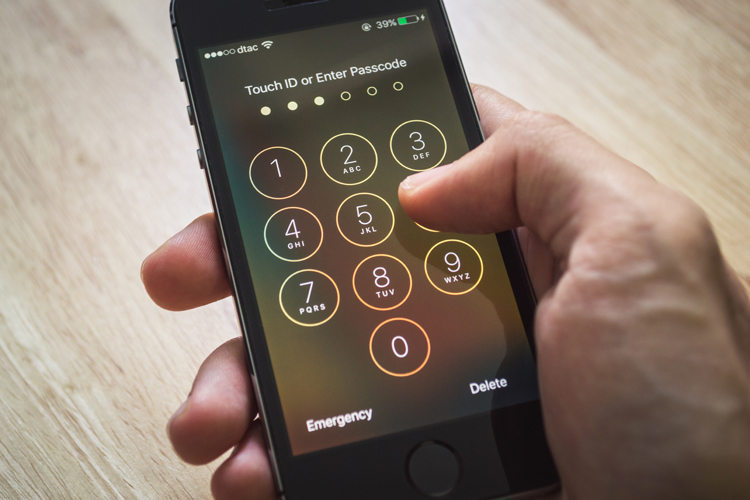Federal judge tosses lawyer's suit over cellphone border search

Image from Shutterstock.
A federal judge in Texas has ruled against an immigration lawyer who contended that the government violated his constitutional rights when it seized his cellphone at the border.
U.S. District Judge Mark Pittman of the Northern District of Texas dismissed the lawsuit filed by Texas immigration lawyer Adam A. Malik in an Aug. 4 opinion. Malik’s January 2021 lawsuit contended that the search violated his expressive and associational rights under the First Amendment and his right to be free from unreasonable searches and seizures under the Fourth Amendment.
Pittman tossed the suit after concluding that Malik had no standing to assert some claims, and there was no constitutional violation supporting another claim.
U.S. Customs and Border Protection had seized Malik’s phone at the Dallas-Fort Worth International Airport on Jan. 3, 2021, upon his return from Costa Rica, even though Malik was approved for membership in the CBP’s global entry trusted traveler program. Citing attorney-client privilege, Malik had refused to consent to a basic search of his cellphone.
A CBP officer seized the phone, which was sent to experts to bypass the passcode. The extracted data was sent to the CBP, which used a filter team to redact privileged material. The CBP searched the limited material and returned the phone to Malik on May 21, 2021.
Pittman said Malik did not have standing to pursue claims for declaratory relief on his constitutional claims because he had not shown a substantial risk of future injury or that his claimed injuries would likely be redressed by a favorable decision.
Citing similar reasons, Pittman also said Malik had no standing to assert that the CBP violated the Administrative Procedure Act when it issued a directive on border searches, Pittman said.
Malik did have standing to seek destruction of digital information obtained from his cellphone, Pittman said. But the claim fails because the government did not violate Malik’s constitutional rights, Pittman concluded.
There is no warrant requirement for border searches, Pittman said. But nonroutine border searches require reasonable suspicion of a crime.
“Here, the 5th Circuit has yet to decide whether a forensic search of a digital phone is a nonroutine border search that requires some form of individualized suspicion or whether a forensic search is a routine border search requiring no individualized suspicion,” Pittman wrote. “Because the search in this case was supported by reasonable suspicion, the court need not attempt to answer that question.”
Pittman said the search was supported by reasonable suspicion for two reasons. The first was the government’s investigation into an international arms dealer with known ties to the Dallas area. The second was information discovered during an interview with Malik’s brother, who was traveling with him.
In a footnote, Pittman said he was not determining whether Malik or his brother was in fact connected to the arms dealer. The court noted that Malik testified in a sworn deposition that he didn’t know the dealer. But the reference point is whether the government—at the time of the search—had reasonable suspension, Pittman said.
Pittman also said the cellphone seizure did not violate the First Amendment.
Malik “appears to argue that First Amendment concerns elevate the level of Fourth Amendment protection. In other words, the First Amendment can require a higher level of suspicion or justification before a government actor can conduct a search. Essentially, Mr. Malik ‘asks us to carve out a First Amendment exception to the border search doctrine.’ … But like the 4th and 9th Circuits, the court declines to do so.”
Hat tip to Law360, which had coverage of the decision.



